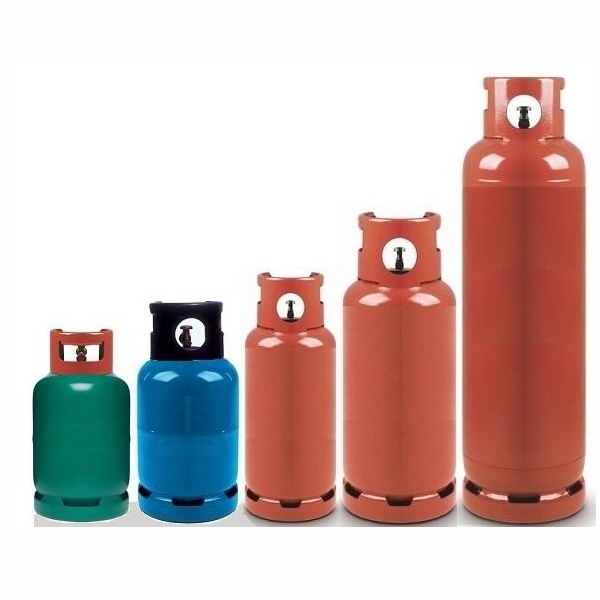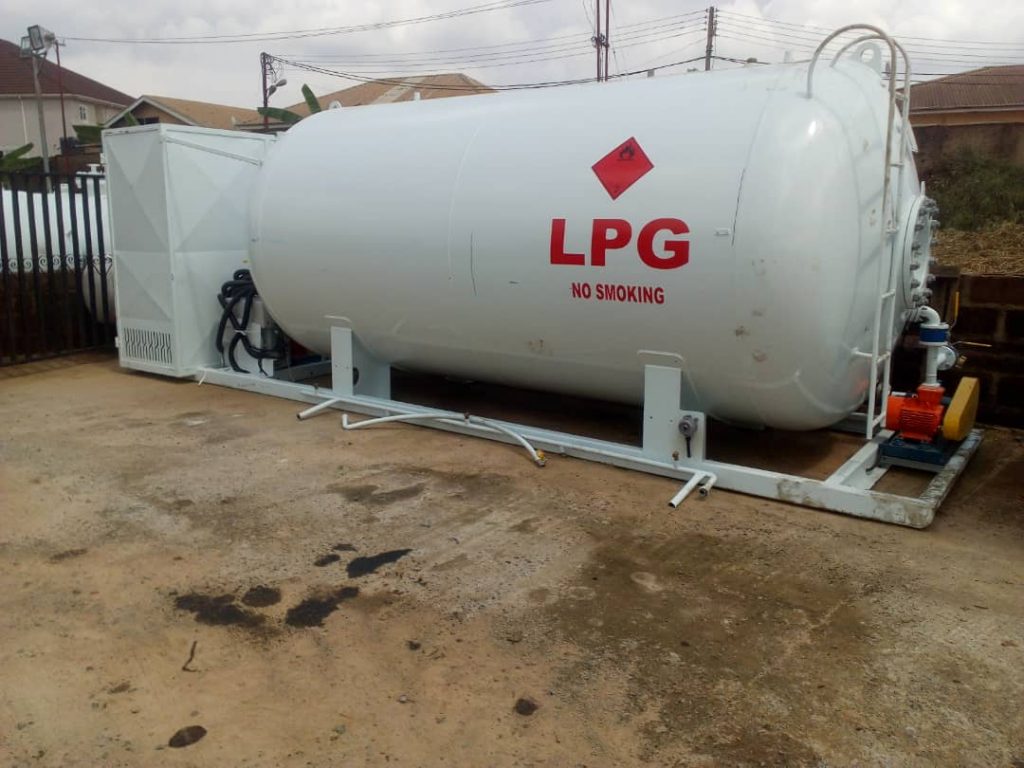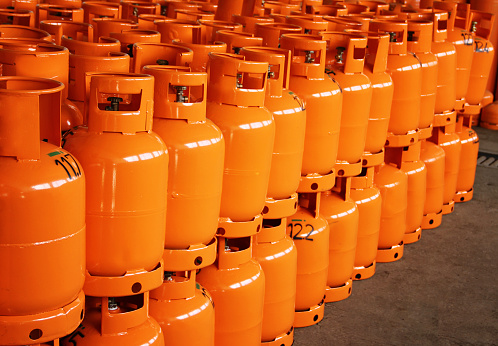Its expectations are that oil prices will hover near $45 per barrel “for the foreseeable future”, necessitating a shift towards diversifying its economy and develop its own refining and petrochemical sectors.
“The most realistic line of action for any nation with oil as the backbone of its economy is to diversify, because indices strongly point to the possibility that the era of oil booms may be over for good”, said the policy.
This policy document is actually an outline for what the government hopes to include in its Petroleum Industry Bill (PIB) designed to overhaul Nigeria’s energy sector. The larger PIB has been broken into several parts in order to enable its easier passage. More bills are also expected, including one to create a gas policy agreed earlier this month. One bill has passed the Senate in May, but still waiting for the House of Representatives to act.
The petroleum policy also calls for an oil industry regulator and revival of Nigeria’s refineries, which have been unable to operate for a sustained period at a capacity above 50% . “Oil demand growth will markedly soften, except for the petrochemicals sector which is likely to be the main market for oil. Nigeria has to move downstream into the value-added sectors of refining and petrochemicals,” the policy states.
The other call is for a removal of gasoline price caps and the permanent elimination of fuel subsidies.
The Nigerian oil industry has come under fire the last two days. This morning, gunmen presumably of the Boko Haram terrorist group kidnapped at least 10 people from the survey and geological departments of the University of Maiduguri, who were on an oil exploration mission in the Islamist group’s stronghold state of Borno on northeastern Nigeria.
And on Tuesday, Shell’s Trans Niger Pipeline was shut down due to a leak, which caused its oil output to drop by 150,000 bpd.
While Nigeria is seemingly ambitious with its plans, Nigeria is likely to continue to face obstacles according to analysts.
“This policy offers a basis for legislation that would need to be approved, but it’s light on specifics. For some of the big ticket changes and goals proposed, there should more of be a notional road map,” said Aaron Sayne, senior governance officer with the Natural Resource Governance Institute, a non-profit group that advises nations on how to manage natural resources.
Commenting on the Bill, Sayne said that the bill passed by Senate was one of the most straightforward steps, and the bills to come, particularly any that propose changes to oil company revenues, will be far more challenging.




